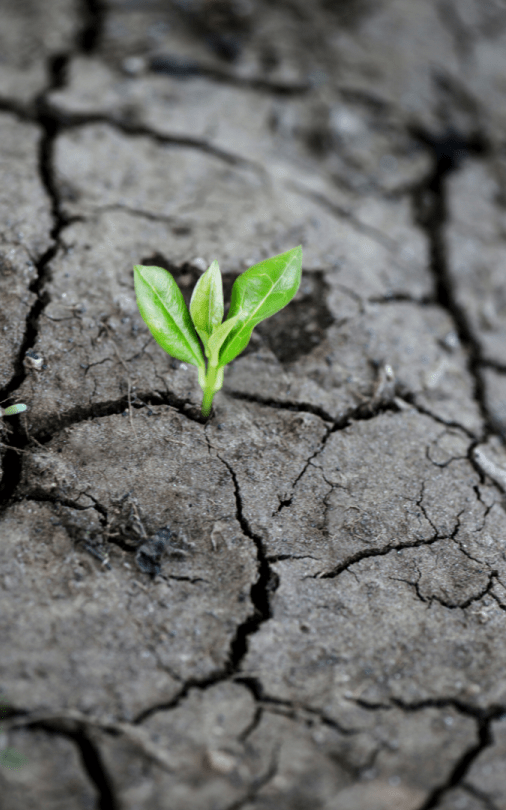VISION &
MISSION
VISION & MISSION
01. Vision
Today, more than half of the world’s population already lives in cities – by 2050, it will be more than two-thirds. Dense development causes a heat island effect, so that the air can hardly circulate – because surfaces such as glass reflect the sunlight and concrete and asphalt surfaces store the heat. Car exhaust fumes and waste heat from air conditioning systems also contribute to heating. That’s why cities are generally a few degrees warmer than their surrounding areas.
02. Mission
Imagine you live in the middle of the big city and the view out the window shows lush greenery instead of gray concrete deserts. On roofs and facades, balconies and terraces, plants, colorful flowers, fresh herbs, fruits and vegetables grow and proliferate. Parks and grounds invite people to jog, stroll and relax. Does that sound like utopia? Far-sighted architects and urban planners are already providing answers to the major issues of our time, such as climate change, scarcity of raw materials and fuel, and housing shortages.



THE CLIMATE
CHANGE

THE CLIMATE
CHANGE
Sea Level
Cuxhafen water
level since 1843
Days of heavy rain
Number of days ≥ 20
mm since 1951
Duration of sunshine
since 1981
Snow days
Number of days with
24h snowfall since 1957
Cold weather
Number of ice days
(< 0° C ) since 1951
Heat
Number of hot days
(≥ 30°C since 1951
Source: BMUV
Source: BMUV
ARCHITECTURE
IN CONTACT
WITH NATURE &
CREATING

Ecological building is becoming increasingly relevant, because climate change and dwindling resources are forcing innovative solutions. Green architecture is also referred to as „sustainable architecture“ or „green building“. They minimize the consumption of resources in the construction of buildings as well as in their maintenance and operation. In addition, they are environmentally friendly by reducing waste generation and having significantly fewer emissions into the environment.
Green buildings significantly minimize the harmful effects on human health and the environment. Therefore, to protect our planet and resources, Green Architecture is the best solution of the future. It helps to create buildings that is gentle to people and planet. They use resources efficiently and consider the well-being of people and the environment. These Green Buildings use sustainable raw materials and renewable energy for construction.
In conceptual planning, a change is already taking place from conservative building structures, which favor architecture according to the specifications of traditional development plans and shortsighted planning according to patterns of traditional urban development and familiar forms of living. In this context, the creation of a horizontal village structure with floor-by-floor squares and lounge areas, the linking of light, air and greenery as a climate façade paired with offers for private communication of the house residents (retreat areas / lounge) with a view and insight from the street and to different structures of residential groups and lifestyles is an important component.

